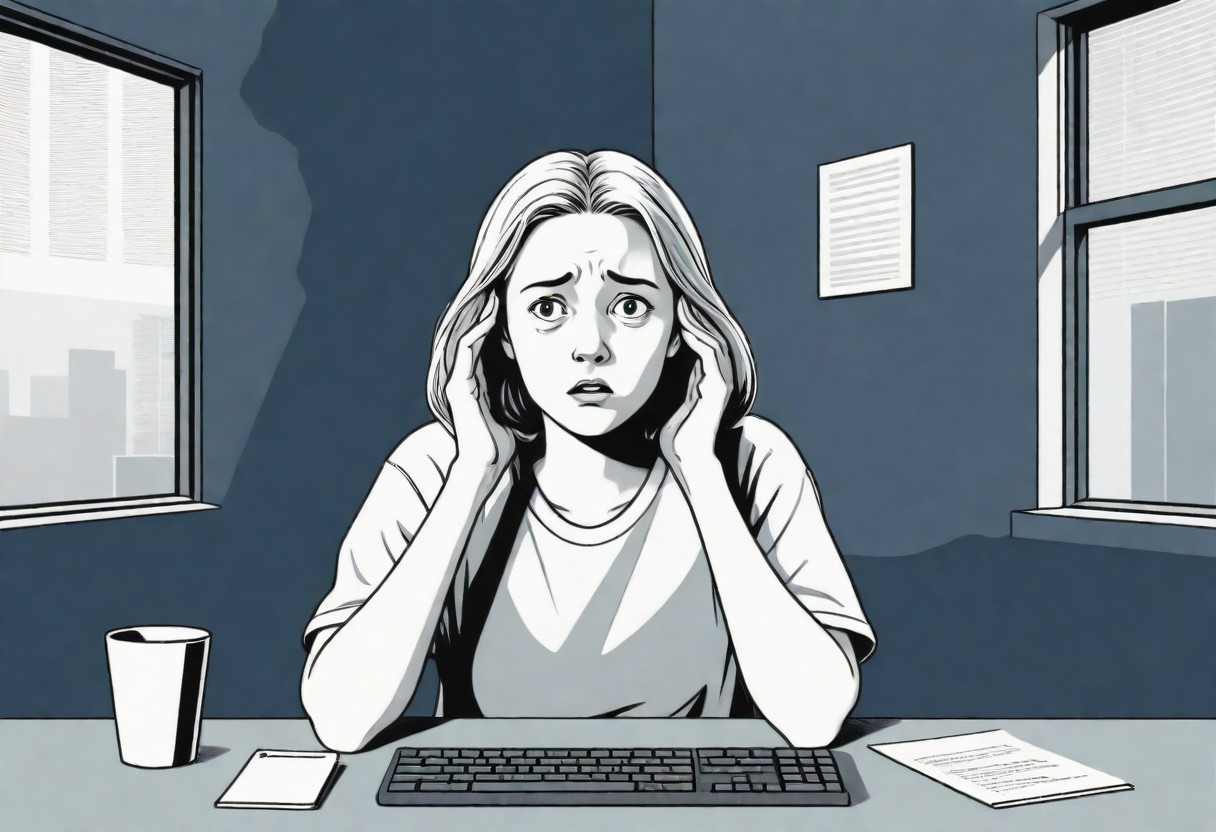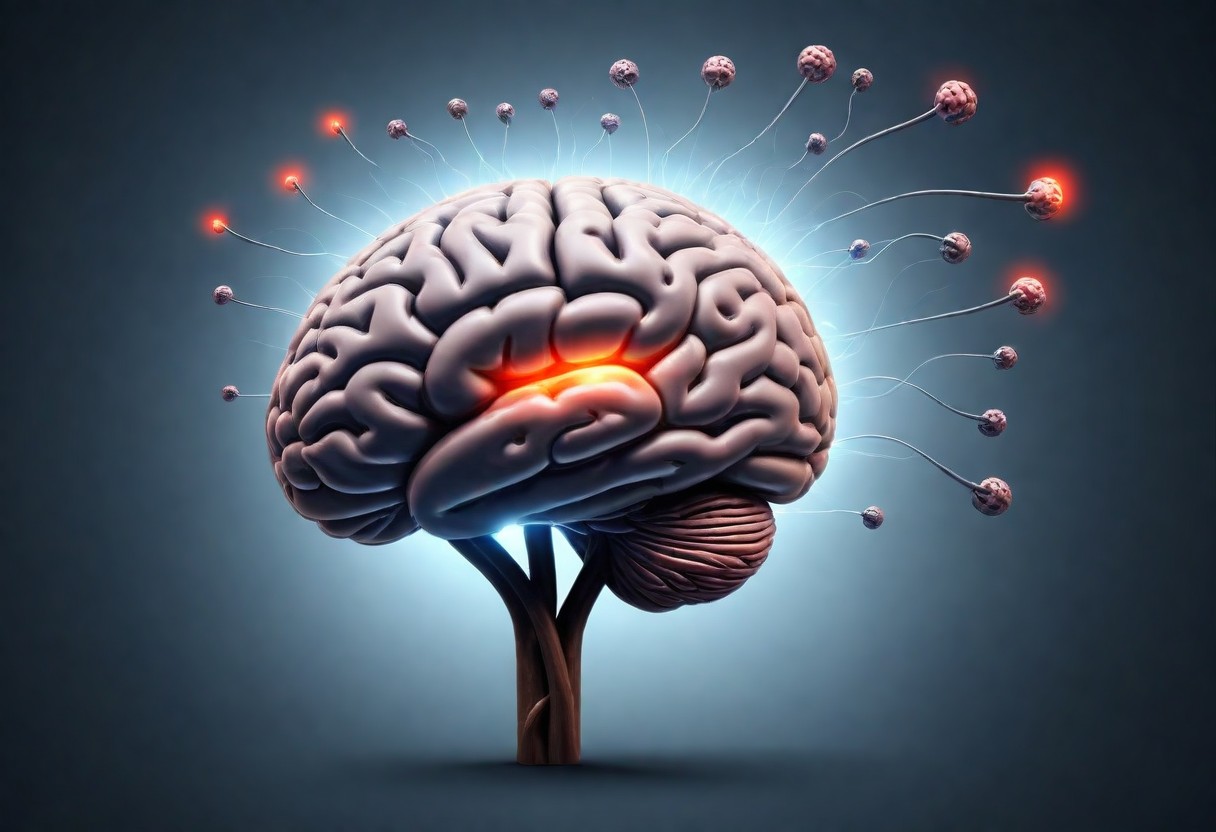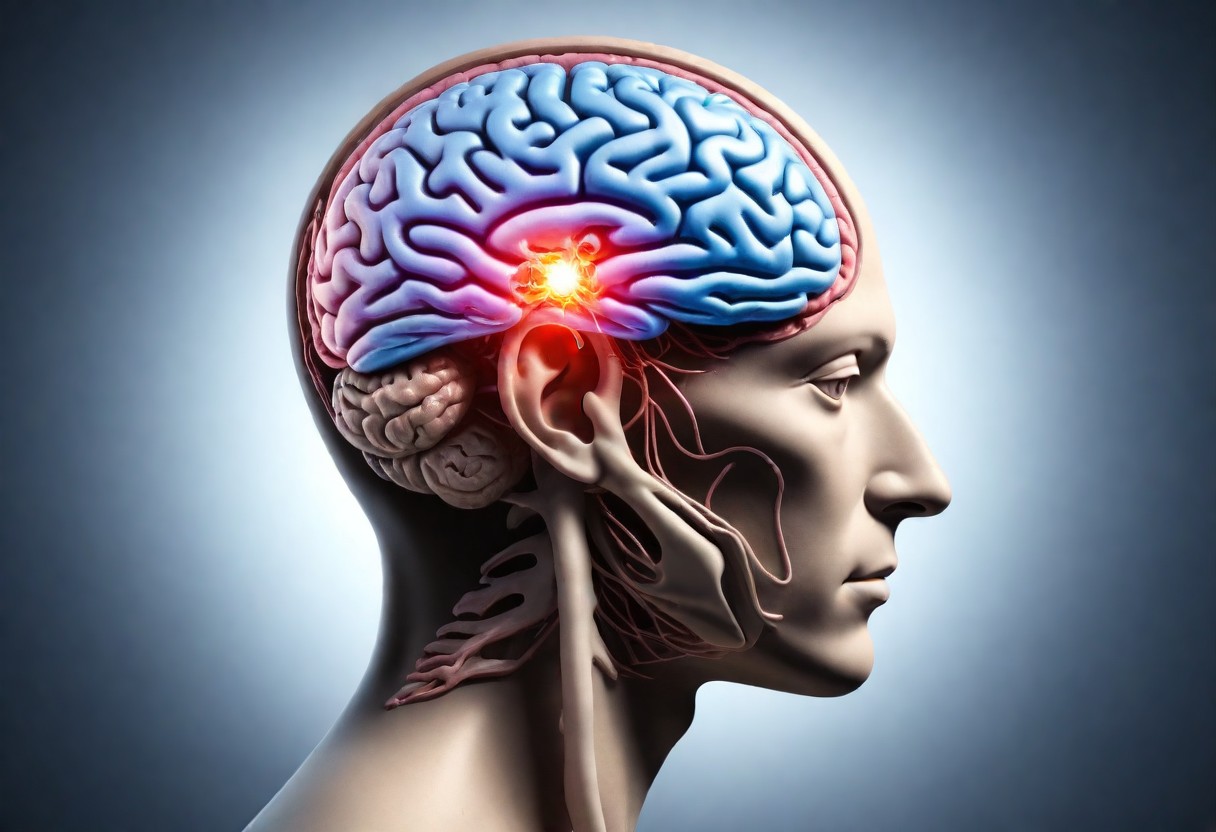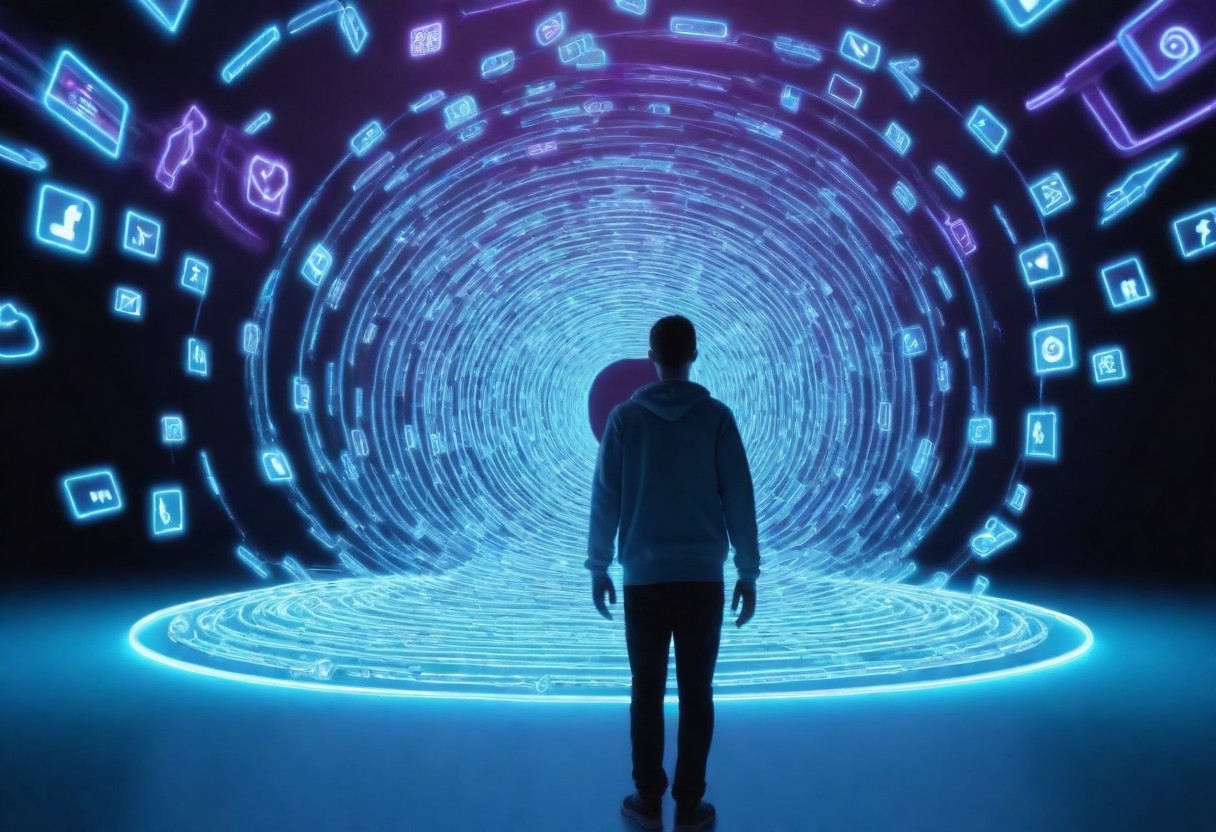
The Impact of Social Media on Mental Health
In today’s digital age, social media has become an integral part of our lives, influencing how we connect, communicate, and perceive the world around us. While social media platforms offer unprecedented opportunities for sharing information, building communities, and expressing ourselves, their pervasive influence also extends to our mental health. The constant exposure to curated content, the relentless stream of information, and the pressure to maintain an online presence can all have profound effects on our psychological well-being.

1. Consuming Mental Health:
Social media consumption plays a significant role in shaping our perceptions of ourselves and others. The carefully curated content that floods our feeds often presents an idealized version of reality, showcasing only the highlights of people’s lives. Whether it’s glamorous vacation photos, perfectly staged meals, or flawless selfies, social media creates an illusion of perfection that can lead individuals to compare themselves unfavorably to others. This constant comparison can erode self-esteem, foster feelings of inadequacy, and contribute to symptoms of depression and anxiety.
Moreover, the relentless pursuit of validation and approval on social media can become addictive, leading individuals to seek external affirmation to bolster their sense of self-worth. The number of likes, comments, and shares on a post can become measures of validation, reinforcing the belief that one’s value is contingent upon external validation rather than internal acceptance.
2. Brain Impact:

The way social media is designed and consumed can impact the brain in significant ways. The constant scrolling through feeds, the rapid-fire nature of content consumption, and the constant bombardment of notifications can all contribute to a phenomenon known as “attention fragmentation.” This refers to the tendency for our attention to be divided and scattered across multiple tasks, leading to decreased focus, concentration, and cognitive performance.
Research has shown that excessive social media use can also affect the brain’s reward system, similar to the way addictive substances do. The intermittent reinforcement of likes, comments, and shares triggers the release of dopamine, a neurotransmitter associated with pleasure and reward. This can create a cycle of dependency, where individuals become increasingly reliant on social media for feelings of validation and gratification.
Additionally, the constant exposure to sensationalized or emotionally charged content on social media can trigger the brain’s stress response, leading to heightened levels of anxiety and emotional arousal. This can contribute to a state of chronic stress, negatively impacting both mental and physical health over time.
3. Changing Mindsets:

The pervasive influence of social media can shape individuals’ mindsets and attitudes towards themselves and the world around them. The idealized images and lifestyles depicted on social media can create unrealistic standards of beauty, success, and happiness, leading individuals to aspire to unattainable ideals. This can result in a perpetual cycle of striving for perfection, comparison, and self-criticism, which can take a toll on mental well-being.
Moreover, social media has been implicated in the phenomenon of “social comparison,” where individuals evaluate their own worth based on how they stack up against others. This constant comparison can foster feelings of envy, insecurity, and inadequacy, as individuals measure their lives against the seemingly flawless portrayals of others online.
Over time, this mindset can become deeply ingrained, influencing not only how individuals perceive themselves but also how they interact with others and navigate the world around them. It can contribute to a pervasive sense of dissatisfaction and disillusionment, as individuals struggle to reconcile their real lives with the idealized versions presented on social media.
4. Vulnerability and Insecurity:
One of the most insidious effects of social media is its ability to foster feelings of vulnerability and insecurity. The curated nature of social media content creates an illusion of perfection, where only the best moments and achievements are showcased. This can lead individuals to believe that their own lives are lacking or inadequate in comparison, fostering feelings of inadequacy and self-doubt.
Moreover, the pressure to maintain a carefully curated online persona can exacerbate feelings of insecurity, as individuals feel compelled to present an idealized version of themselves to the world. This can lead to a phenomenon known as “impression management,” where individuals carefully curate their online image to conform to societal norms and expectations.
Additionally, social media platforms often serve as breeding grounds for comparison, as individuals measure their own lives against the highlight reels of others. This constant comparison can fuel feelings of envy, jealousy, and resentment, as individuals strive to keep up with the seemingly perfect lives of their peers.
Over time, this cycle of comparison and self-doubt can erode self-esteem, leading to feelings of worthlessness and inadequacy. It can also contribute to symptoms of anxiety and depression, as individuals struggle to reconcile their real lives with the idealized versions presented on social media.
5. Loss of Trust:

In the digital age, where interactions often occur behind screens rather than face-to-face, the bonds between individuals can weaken. Social media platforms offer a convenient way to stay connected with friends, family, and acquaintances, but they can also lead to a loss of trust in oneself and others.
As individuals invest more time and energy into their online personas, they may prioritize virtual connections over real-life relationships. This can lead to a sense of alienation and detachment from those closest to them, as genuine human interactions are replaced by digital exchanges.
Moreover, the curated nature of social media content can create a false sense of intimacy, where individuals feel connected to others without truly knowing them. This can lead to a phenomenon known as “online disinhibition,” where individuals feel emboldened to share personal information and opinions online that they wouldn’t necessarily share in person.
Over time, this erosion of trust can lead to feelings of isolation and loneliness, as individuals struggle to maintain meaningful connections in an increasingly digital world. It can also contribute to feelings of anxiety and depression, as individuals grapple with the disconnect between their online personas and their real selves.
6. Alienation and Loneliness:

Despite the promise of connectivity offered by social media, excessive use can actually contribute to feelings of alienation and loneliness. Genuine human connection requires empathy, understanding, and vulnerability—qualities that can be difficult to cultivate in the curated world of social media.
Moreover, the superficial nature of social media interactions can lead to a sense of disconnection from others, as individuals prioritize quantity over quality in their online relationships. This can result in a phenomenon known as “social isolation,” where individuals feel disconnected from the world around them despite being constantly connected online.
Additionally, the constant comparison and competition fostered by social media can lead to feelings of envy, jealousy, and resentment towards others. This can further exacerbate feelings of isolation and loneliness, as individuals struggle to reconcile their real lives with the idealized versions presented on social media.
Over time, this sense of alienation and loneliness can take a toll on mental health, contributing to symptoms of anxiety and depression. It can also impact physical health, as loneliness has been linked to a variety of adverse health outcomes, including cardiovascular disease, immune dysfunction, and premature mortality.

7. Seeking Validation:
One of the most pervasive effects of social media is its ability to foster a culture of validation and approval-seeking. The constant pursuit of likes, comments, and shares on social media platforms can become addictive, as individuals seek external validation to bolster their sense of self-worth.
Moreover, the quantifiable nature of social media metrics can lead individuals to equate their value with their online popularity, reinforcing the belief that their worth is contingent upon external validation. This can create a cycle of dependency, where individuals become increasingly reliant on social media for feelings of validation and self-esteem.
Additionally, the pressure to maintain an idealized online persona can lead to a phenomenon known as “impression management,” where individuals carefully curate their online image to conform to societal norms and expectations. This can further perpetuate the cycle of seeking validation, as individuals strive to present themselves in the best possible light to garner likes and positive feedback.
Over time, this reliance on external validation can erode self-esteem and self-worth, as individuals become increasingly dependent on the approval of others for their sense of value. It can also contribute to symptoms of anxiety and depression, as individuals struggle to maintain their online image and reputation.
8. Distorted Reality:

The curated nature of social media content can create a distorted reality where only the highlights of people’s lives are showcased. Whether it’s glamorous vacation photos, perfectly staged meals, or flawless selfies, social media presents an idealized version of reality that can be difficult to distinguish from actuality.
This distortion of reality can lead individuals to develop unrealistic expectations about life, relationships, and success, as they compare their own experiences to the idealized versions presented on social media. This can result in feelings of dissatisfaction and disappointment, as individuals struggle to reconcile their real lives with the seemingly perfect portrayals of others online.
Moreover, the constant exposure to sensationalized or emotionally charged content on social media can skew perceptions of reality, leading individuals to believe that their own experiences are inadequate or insignificant in comparison. This can contribute to feelings of inadequacy and self-doubt, as individuals strive to live up to the unrealistic standards set by social media.
Over time, this distortion of reality can erode self-esteem and self-worth, as individuals struggle to reconcile their real lives with the idealized versions presented on social media. It can also contribute to symptoms of anxiety and depression, as individuals grapple with feelings of inadequacy and disillusionment.
9. Amplifying Anxiety and Stress:

The pressure to maintain an online presence, coupled with the fear of missing out (FOMO), can amplify feelings of anxiety and stress among social media users. The constant comparison to others, the relentless pursuit of likes and validation, and the pressure to present an idealized version of oneself can all contribute to a heightened state of emotional arousal.
Moreover, the 24/7 nature of social media means that individuals are constantly exposed to potentially triggering or distressing content, ranging from negative news stories to cyberbullying. This can exacerbate feelings of anxiety and stress, as individuals struggle to cope with the overwhelming barrage of information and stimuli.
Additionally, the addictive nature of social media can disrupt sleep patterns and interfere with relaxation and downtime, further contributing to feelings of stress and overwhelm. The constant need to stay connected and engaged online can make it difficult for individuals to disconnect and unwind, leading to a cycle of exhaustion and burnout.
Over time, this chronic state of stress can take a toll on mental and physical health, contributing to a variety of adverse outcomes, including depression, anxiety disorders, and even cardiovascular disease. It’s crucial for individuals to be mindful of their social media use and prioritize self-care and relaxation to mitigate the negative effects of excessive screen time.
10. Striving for Connection:
Paradoxically, while social media offers the promise of connection, it often leaves individuals feeling more disconnected than ever. Genuine human connection requires empathy, understanding, and vulnerability—qualities that can be difficult to cultivate in the superficial world of social media.
Moreover, the curated nature of social media content can create a false sense of intimacy, where individuals feel connected to others without truly knowing them. This can lead to a phenomenon known as “pseudo-intimacy,” where individuals mistake online interactions for genuine relationships.
Additionally, the pressure to maintain an idealized online persona can hinder authentic self-expression and vulnerability, further impeding genuine connection with others. This can lead to feelings of isolation and loneliness, as individuals struggle to form meaningful connections in an increasingly digital world.
Over time, this disconnect from genuine human interaction can take a toll on mental health, contributing to feelings of loneliness, depression, and anxiety. It’s important for individuals to prioritize real-life relationships and meaningful connections over superficial online interactions to foster genuine connection and well-being.
